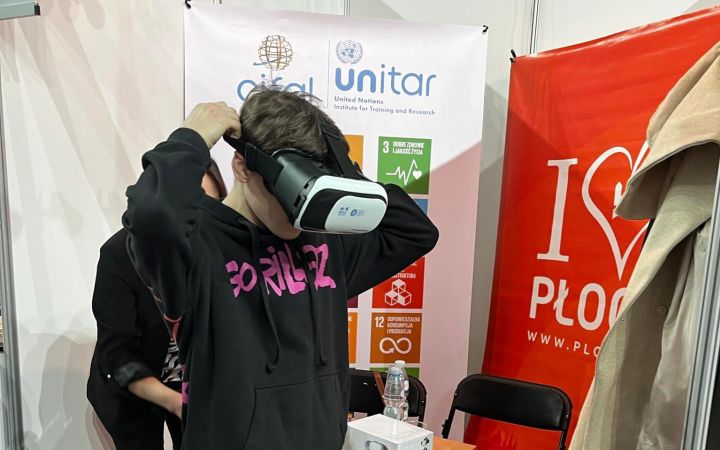An innovative rehabilitation service supporting Central West residents has more than doubled the number of community-based places being accessed since starting two years ago.
Health and Ambulance Services Minister Steven Miles said the innovative service at the Bolton Clarke Pioneers Retirement Community in Longreach was a partnership between the Central West Hospital and Health Service and Bolton Clarke, formerly RSL Care.
The service is celebrating its second birthday and helps Central West residents return home sooner after a hospital stay or avoid premature entry into residential care.
Four rehabilitation beds and associated therapy facilities were established at the Pioneers community in early 2017
“Central West Health staff provide the allied health services, medical care and rehabilitation nursing support for the bed-based care in the Pioneers facility,” Mr Miles said.
“Bolton Clarke provides the general nursing care and personal assistance required by the clients using the bed-based rehabilitation service.
But as well as the inpatient beds at Pioneers, the Central West rehabilitation service also provides a range of community-based rehabilitation services which have proved even more popular.
“When the service started two years ago, Central West Health had four non-bed-based community rehabilitation places available initially,” Mr Miles said.
“Since then, the number of community-based places has more than doubled to nine places currently.
“As Central West Health reviews the service after its first two years, what they are finding is that the community-based support service is playing a much larger role in the overall rehabilitation program than the inpatient beds.
“The Central West rehab service has been instrumental in helping patients by providing a short inpatient stay when required, followed by a quick transition to community-based care for patients in their homes to regain strength, endurance and confidence to participate in their everyday activities.
“As patients improve, they graduate to outpatient appointments rather than home visits and then ideally into group therapy as their final point of engagement.”
Mr Miles said patients generally utilised the community-based care places for 6–8 weeks before moving into group therapy.
“The service allows older residents who have been hospitalised to recover from their hospital stay more quickly, as well as transition to ambulatory care at their home or a health facility closer to their home,” he said.
“It also helps give them more time to consider long-term options for aged care and avoid having to enter a full residential aged care facility prematurely.
“People in the community who would benefit from rehabilitation because of illness or increasing frailty also can use this service to help maintain their independence.
“Previously, many patients who were transferred to larger centres for diagnosis and treatment for conditions such as strokes or accidents had to remain there for lengthy periods of time to access suitable rehabilitation services because of the lack of such services locally.
“Since the introduction of the Central West rehabilitation service two years ago, they have been able to do so closer to home.”
The service is supported by allied health assistants based at Blackall Hospital and the Longreach Hospital. Both allied health assistants and clinicians also attend the Barcaldine Multipurpose Health Service.
“These allied health assistants can facilitate the transition of local patients from full hospital care to rehabilitation care at those facilities closer to their homes,” Mr Miles.
“Under the supervision of allied health professionals, and thanks to telehealth, they are able to provide ongoing treatment and support.”
Mr Miles said he wanted to congratulate Central West Health and Bolton Clarke for their innovative partnership.
“As a government we’re committed to making Queenslanders among the healthiest people in the world by 2026 and this means improving access to quality and safe healthcare in all its different forms and settings,” he said.
“This collaboration in the Central West between the local health service and Bolton Clarke is an excellent example of how we can work together to maximise the use of local resources to achieve that vision.
“The end result, as is the case here, is a better and broader range of health services for Central West residents.”







